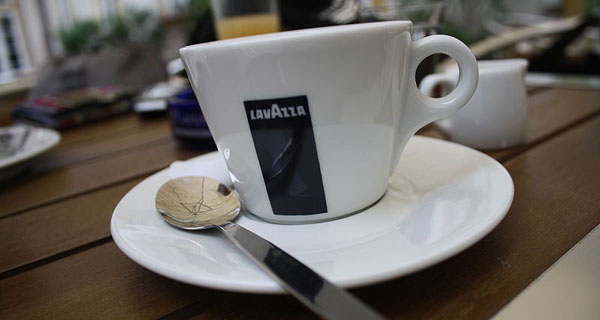
To have or not to have Carte Noire, the of French King of ground coffee? Only about three weeks ago it seemed that the sun had gone down on the deal, with an unproductive end to the period of exclusive negotiations with the vendors of the newborn Jacob Douwe Egberts group (Mondelēz International and DE Master Blenders). But Lavazza had not abandoned the negotiation table and finally an agreement appears to have been found. The Turin-based group sent a binding offer that will become a sales contract as soon as the French and European Antitrust authorities have examined the situation, in terms of the effect on the markets. At least that is the feeling that comes across from the Turin-based company statement. The French press is actually less clear in its position. The daily business newspaper Les Echos reported the fact that private equity funds Pai, Bc Partners and Cinven had left the negotiating table and a final decision had not been taken.
Il Sole 24 Ore reports that the offer should be equal to roughly €800 million for activities which would produce a €240 million turnover with a sixty million euro EBITDA, approximately. This would mean paying Carte Noire 12 times the EBITDA which is a multiple much closer to the fashion industry than than of the food sector but it should also be noted that the sellers are offering Lavazza leadership in a major market like France. In the retail market Carte Noire has a 20% share, in addition to Lavazza. This position brings an additional monetary movement for the buyer which, in recent months, had already been preparing to sell 4% of its American Keurig shares, retaining a 3% share, for an estimated $620 million (560 million euro).
What it is that stopped negotiations at the end of June? The central issue seem to have been the Laverune factory (154 employees), in the Languedoc Roussillon region, which Lavazza did not want to include in the agreement or wanted to down size or even closed once acquired. The proposal had been deemed inadmissible by the sellers after a controversy arising from the trade-union. Lavazza has apparently provided assurances, although a momentary reduction in activity will be confirmed by the new ownership. Laverune also produces the Senseo and L’Or brands that remain to the sellers and should be moved to another production facility.
The proposal foresees the acquisition of the brand in the European economic area, except for the business branches of Carte Noire instant coffee, T-Discs and activities related to the away from home channels, in which Lavazza already has a strong position in France. “With this strategic scale acquisition we believe we can make an important step forward to becoming a global company. The proposed transaction is consistent with our strategy of International development, based on both organic and inorganic growth,” said Lavazza ceo Antonio Baravalle, who has never hidden the goal of bringing group sales to two billion euro by 2020. If the deal goes ahead it would represent approximately €1.6 billion, according to the 2014 numbers.
A month ago Lavazza had announced the acquisition, from Jacob Douwe Egberts, of the Merrild activities, a Danish brand with a turnover of €39 million.
